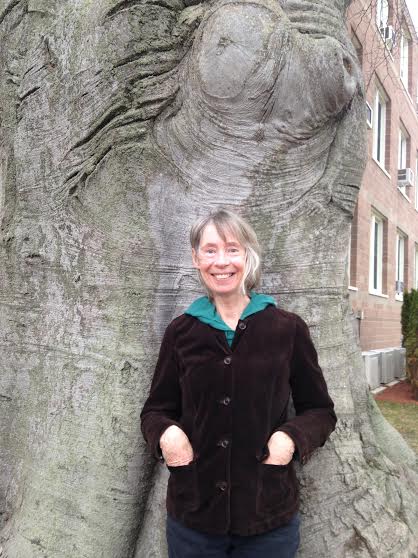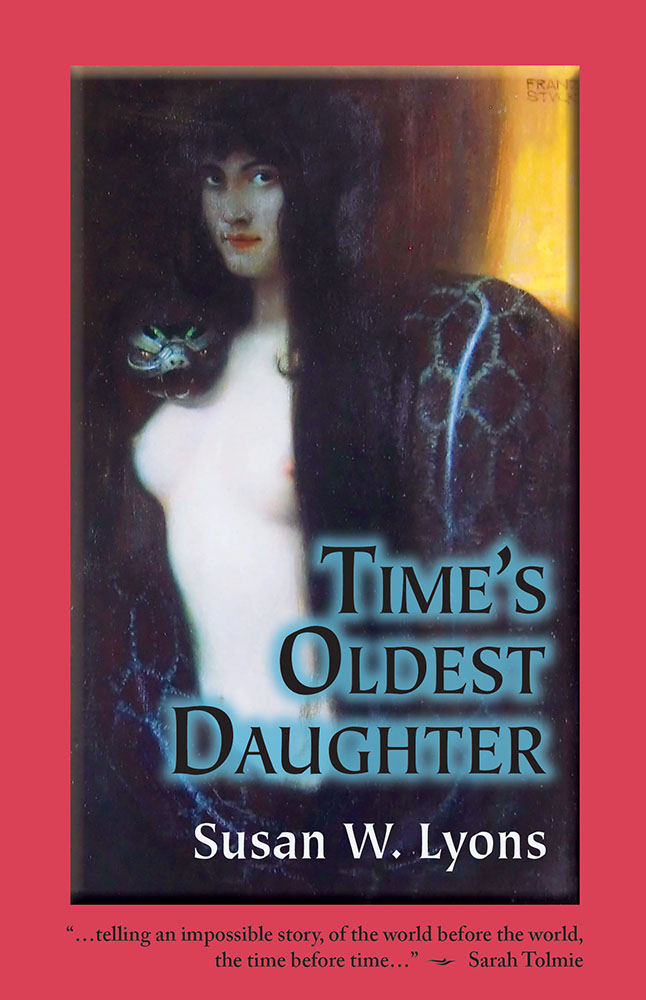Susan W. Lyons

Susan W. Lyons
I shouldn't have tried to learn calculus while teaching Paradise Lost. It
was inevitable that the physics and metaphysics of both would become
entangled states, snarled in their dominions and domains in a novel about a
cosmic Big Bang.
But it was fun. So much fun.
For much of my life it has been my great privilege to live among and work
with people who care passionately and thoughtfully about literature, music
and drama, engineering, math, history, and the social and physical
sciences. At UConn's Avery Point campus, I held the ideal job of setting up
and maintaining academic support in an environment where talented faculty
care as much about teaching as they do about scholarship, and where some of
the students are almost as willing to tackle Milton as they are Liebniz.
While teaching general education courses like "Masterworks in English and
American Literature," I tutored chemistry ("It was the best of bonds; it
was the worst of bonds. Sodium and Chlorine, like all couples who called
themselves salts, thought they would stay together forever, but then came
the mysterious invitation to a pool party from their 'friend' Silver
Nitrate . . ."). I also absorbed elements of feminist and cultural theory,
along with the unit circle, stoichiometry, and the mysteries of the
periodic chart; admitted defeat in electricity and magnetism, but kept on
wrestling with the quantum moment. And somewhere in there—maybe around the
time net ionic bonding devolved into a sleazy episode about hook ups and
break ups at pool parties—I discovered the power of speculative fiction:
the "what-if" of genres that lets us make over humanity's grand old stories
for fresh readers.
Thanks, family.
Thanks, Avery Point.
Thanks, Aqueduct Press.

|